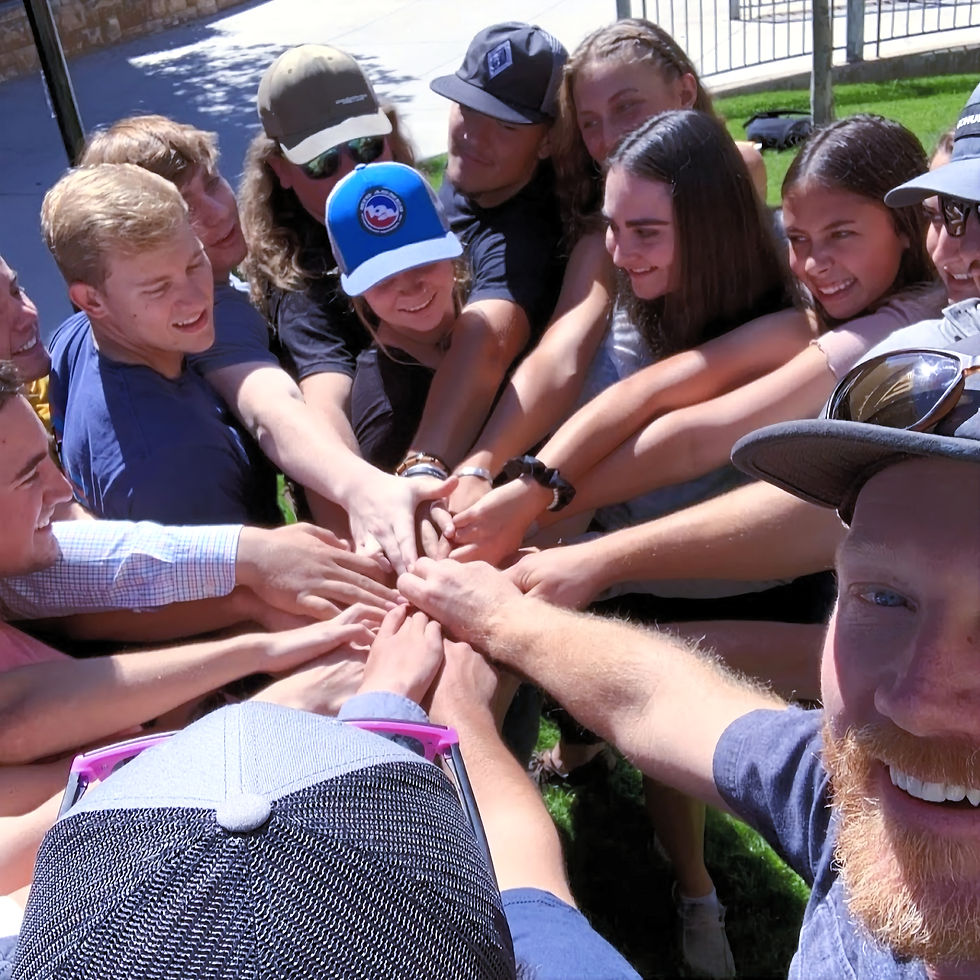A Map, A Model, and the Path Forward
- Curt Davidson
- Sep 27, 2021
- 3 min read
Updated: Jul 2, 2022
"Human behavior is an enormously complex set of things, and that mixture of underlying things is different for different people, so it's not just complex, it's meta-complex."
Vivienne Ming

We love models that help us organize our thinking about a particular topic or set of topics that interconnect. Based on our patented curriculum, Alpenglow's Behavioral and Mental Health Promotion Model was created using a backward course design adapted from Quality Matters. That means that we created the course content with the outcomes in mind - enhancing your ability to prevent and manage mental and behavioral health issues you see in your program. That includes training in areas like operating with a trauma-informed approach, understanding the fundamental theories of behavior management, and how to use proven techniques to prevent behavioral issues before they arise.
We wanted to lay out a map or framework for our BFR students to move through the curriculum with the outcomes in mind. It's like a map that guides you to the waterfall and informs you of sights you might see along the way. This new model we developed, its usefulness is also in troubleshooting in-situ situations. In much the same way you have a set of knots you use to tie two ropes together, this model acts as a set of choices you can utilize with students while they're at your program.

Let's dig into this hot-off-the-press tool. The foundational concepts are identified first, at the top, as techniques Alpenglow recommends implementing on every course, regardless of population, goals, or longevity. These are techniques we recommend that you implement on every course, regardless of population and intention. In other words, these techniques can help you and your organization encourage pro-social behavior and outcomes that inspire growth and enable the stage for a more successful EE experience. Cornerstone theoretical approaches of the Behavioral First Responder curriculum such as trauma-informed care and strengths-based principles can assist you and other staff to enhance the immense benefits of experiential learning
Because things happen, regardless of how knowledgeable or familiar we may be with the "Foundational Concepts," it is impossible to predict the behavior of those we work with. There is a myriad of types of events that we incur on courses, from elevated stress to self-harm to depression. First, consider if you need to de-escalate that situation. The deescalation module goes heavily into tips, tools, and techniques for de-escalating students during a moment of crisis.

Moving from that phase of a behavioral situation that needs de-escalating, you then have some choices for how to move forward with that student. We'd always like to avoid sending the student home for any type of reason, but sometimes, that's what's best for that student or your program. However, there are some techniques that we've outlined in the module that can be a valuable alternative to dismissal and help save that student experience. These would be things like using behavioral contracts, consequences, and other techniques to help that student understand how to learn more pro-social behavior from the experience and your EE course.
Remember, here at Alpenglow; we believe people are doing the best they can and seek to empower them with tools and techniques to help them achieve more, cope better, and have a successful experience. We hope that our new model helps frame the key elements you'll learn in the Behavioral First Responder certification course to help you help the people in your life.
We're so excited about this model that we're offering a discount on the BFR right now! Use the code NEWMODEL at checkout and get 15% off the BFR course. This offer is good through October 8th, so don't miss out!


Comments